
NO&T Japan Legal Update
I. Overview
On February 18, 2016, the Supreme Court of Japan passed down a significant decision in a high-profile tax case involving a Japanese corporate taxpayer within the IBM group. The Supreme Court affirmed the earlier Tokyo High Court judgment which had rejected the Japanese tax authorities’ claims and cancelled the original substantial tax adjustment levied against the taxpayer. Nagashima Ohno & Tsunematsu represented the taxpayer.
The adjustment was levied on certain intra-group sales of shares that took place between IBM Japan entities between 2002 and 2005 in the context of a global corporate reorganization. The case has attracted significant attention given the massive amounts involved: approximately JPY 400 billion of taxable income and a tax amount of around JPY 120 billion.
The Japanese tax authorities invoked the anti-avoidance rules to apply the adjustment: Article 132 of the Corporate Tax Act of Japan which can apply to the conduct of Japanese “family corporations”, provided an “unjustness” requirement is satisfied. A “family corporation” is a Japanese corporation with over 50% of its shares owned by three or less shareholders’ groups. There is no official guidance on the meaning of “unjustness” in the context of such reorganizations and consequently its interpretation was heavily litigated at both first and second instance.
The Supreme Court ultimately brought an end to the dispute by rejecting the tax authorities’ petition for a final appeal filed in response to the Tokyo High Court judgment (which is an equivalent of a petition for a writ of certiorari under US law). The Supreme Court accepted the taxpayer’s arguments and upheld the Tokyo High Court judgment which had cancelled the tax adjustment.
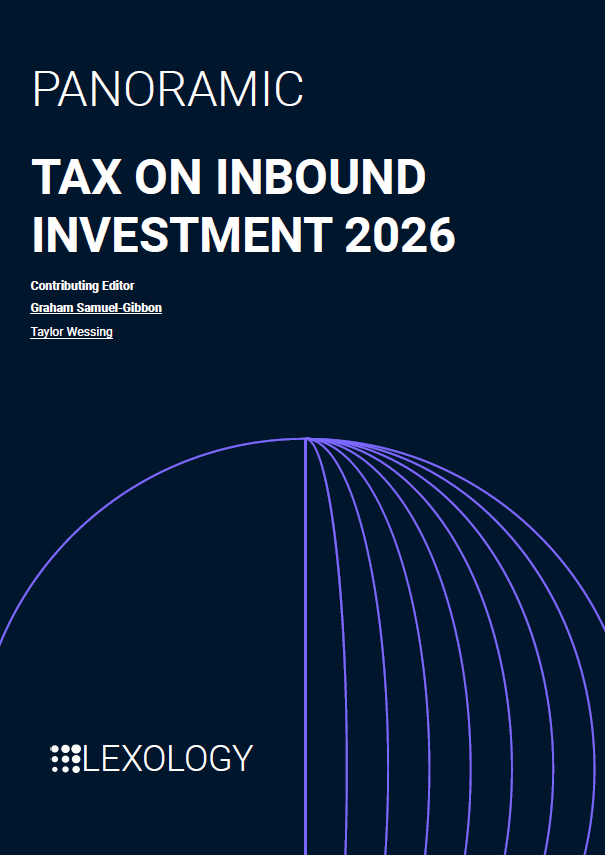

(September 2025)
Kenji Horiuchi, Kaito Mori (Co-author)


(May 2025)
Takashi Saida
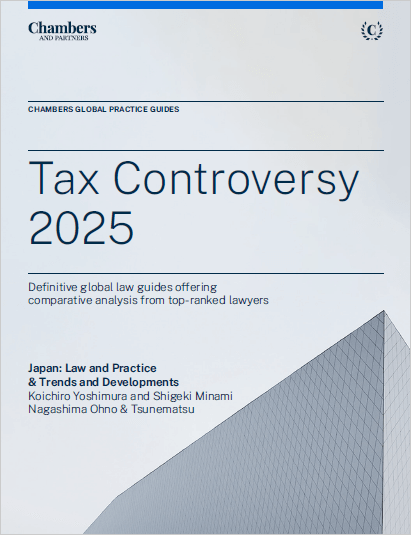

(May 2025)
Koichiro Yoshimura


(May 2025)
Shigeki Minami


(May 2025)
Koichiro Yoshimura


(May 2025)
Shigeki Minami


(May 2025)
Shigeki Minami (Panel Discussion)
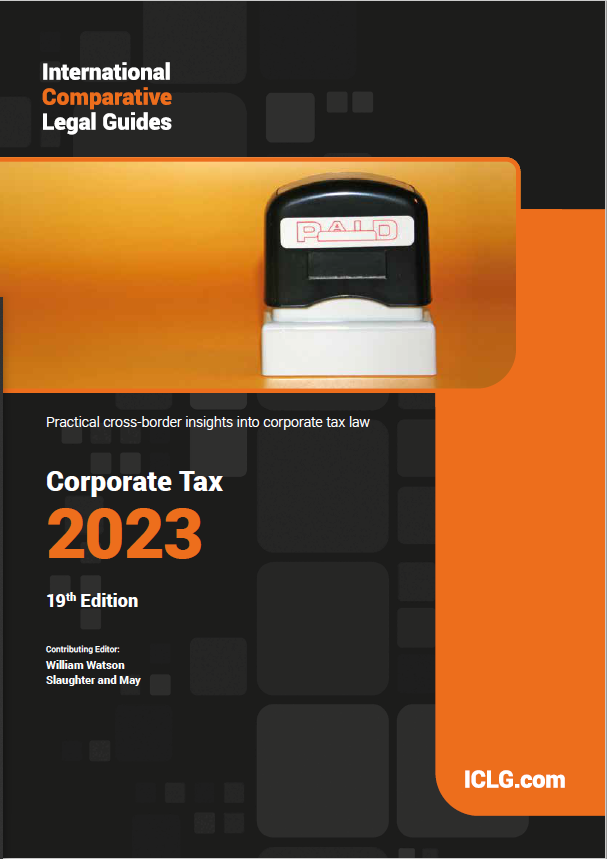

(December 2022)
Shigeki Minami
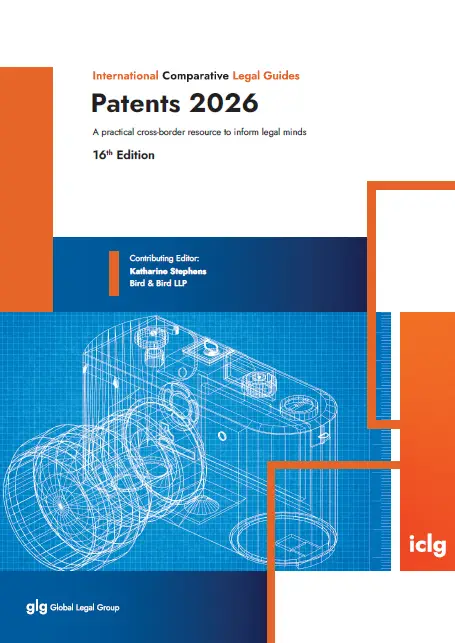

(October 2025)
Kenji Tosaki
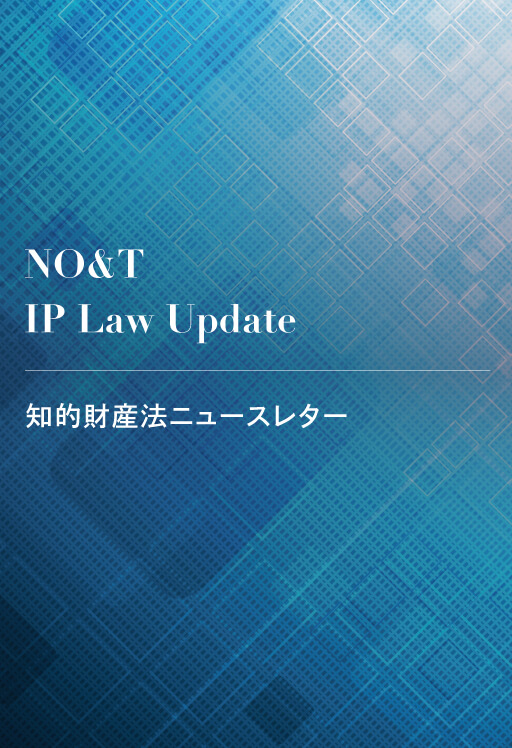

Kenji Tosaki, Takahiro Hatori, Nozomi Kato (Co-author)


Claire Chong, Nozomi Kato (Co-author)
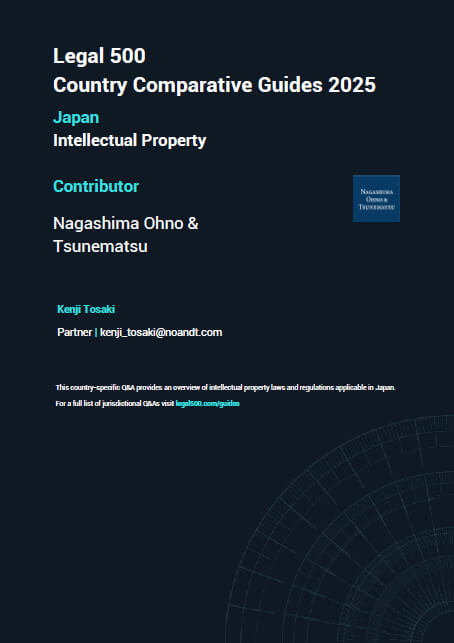

(September 2025)
Kenji Tosaki